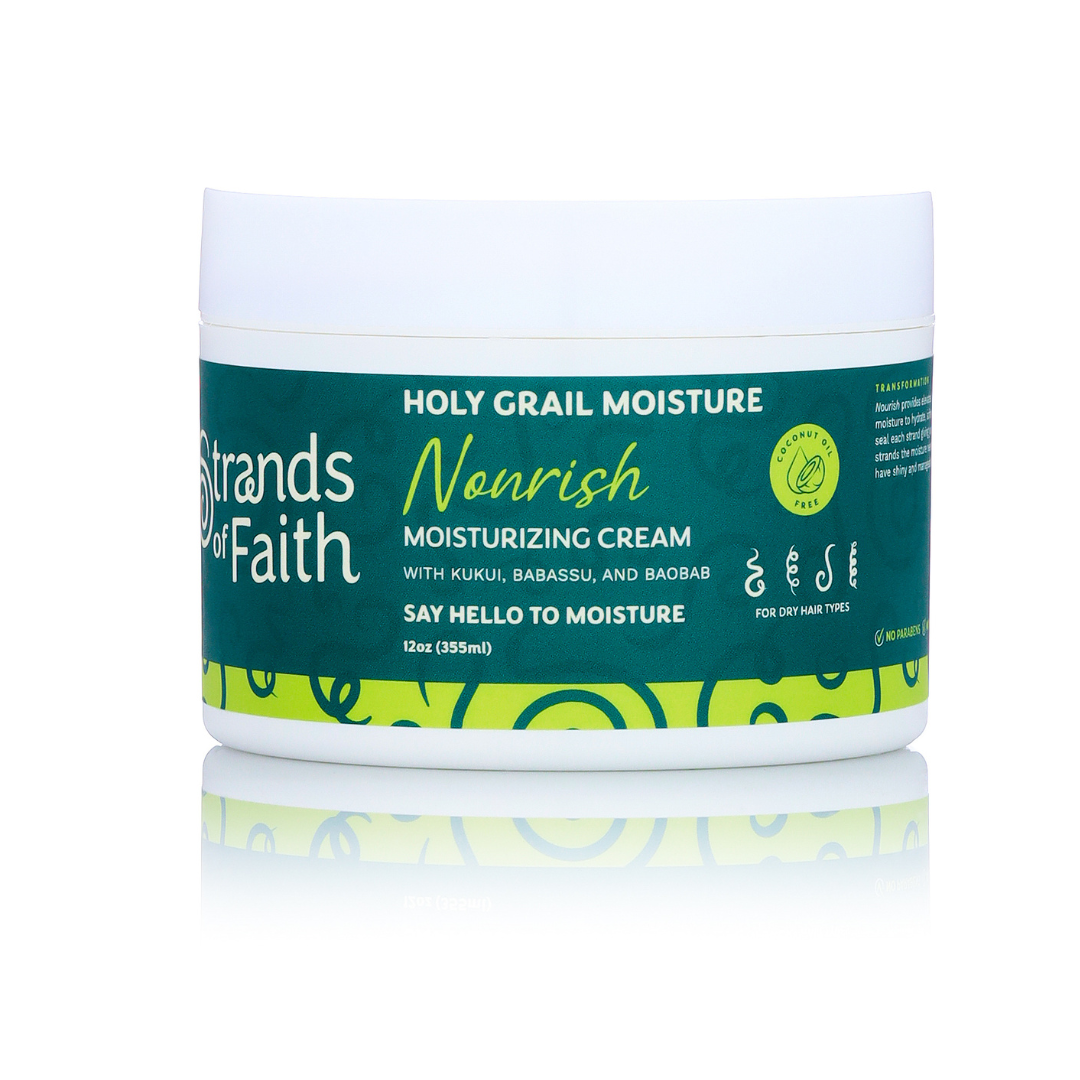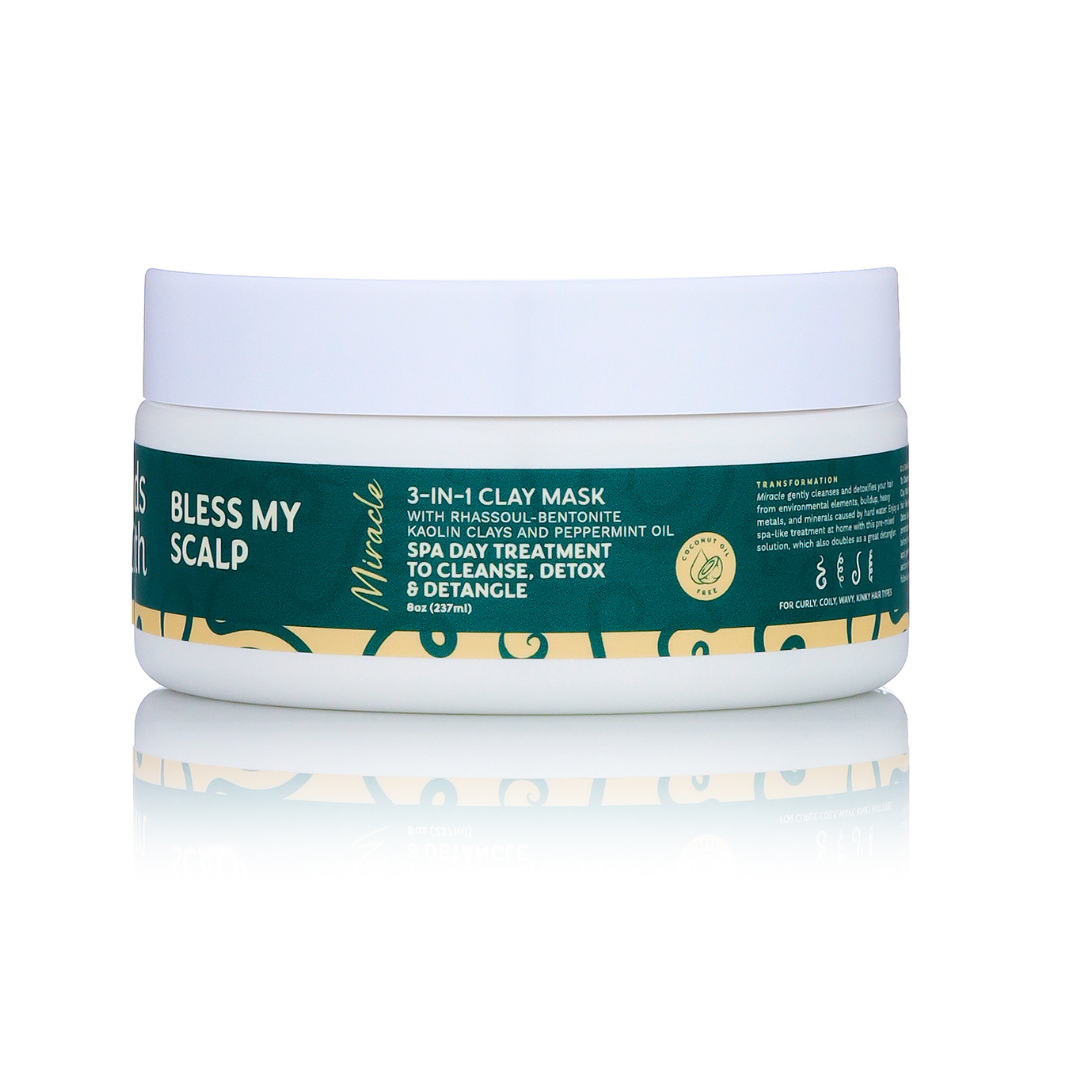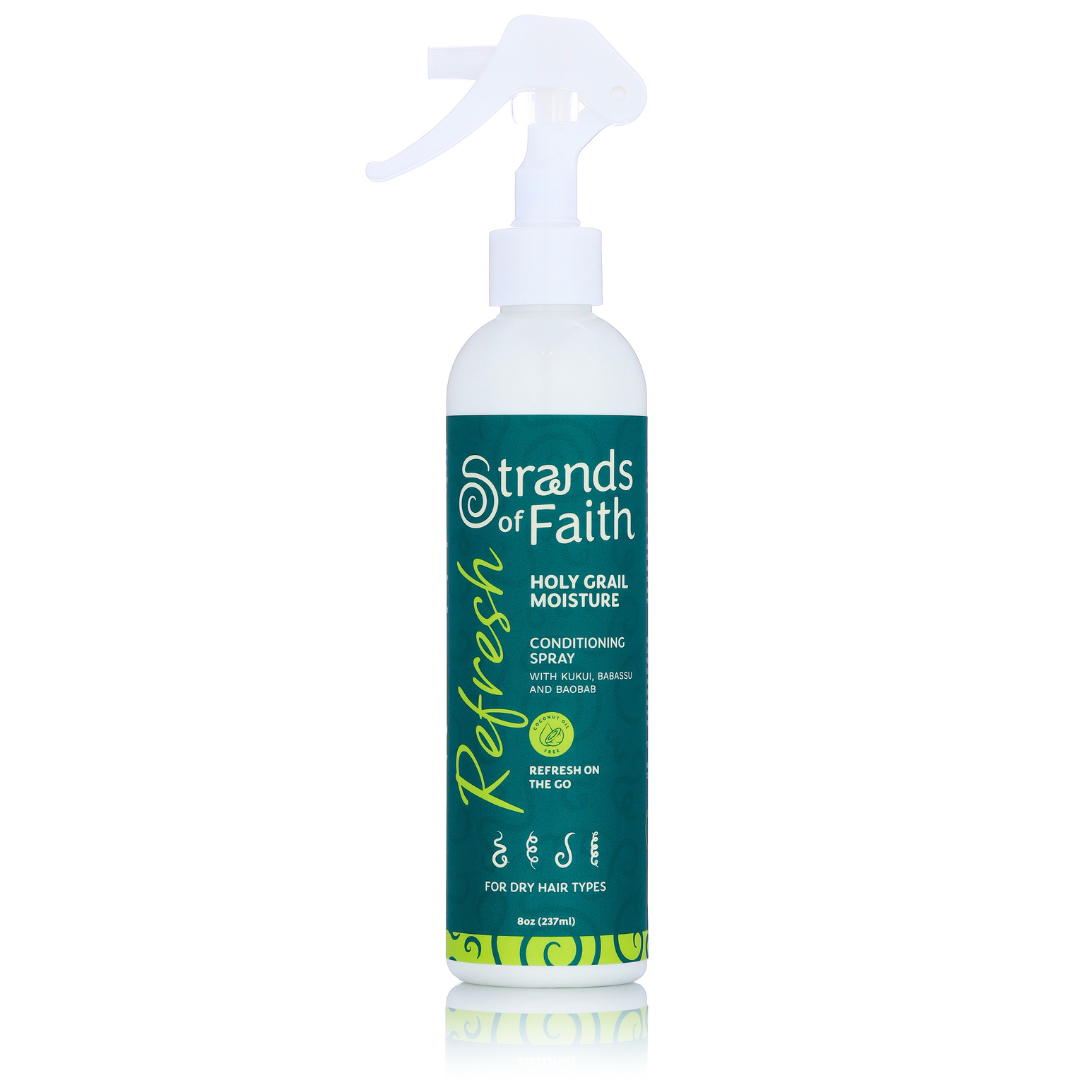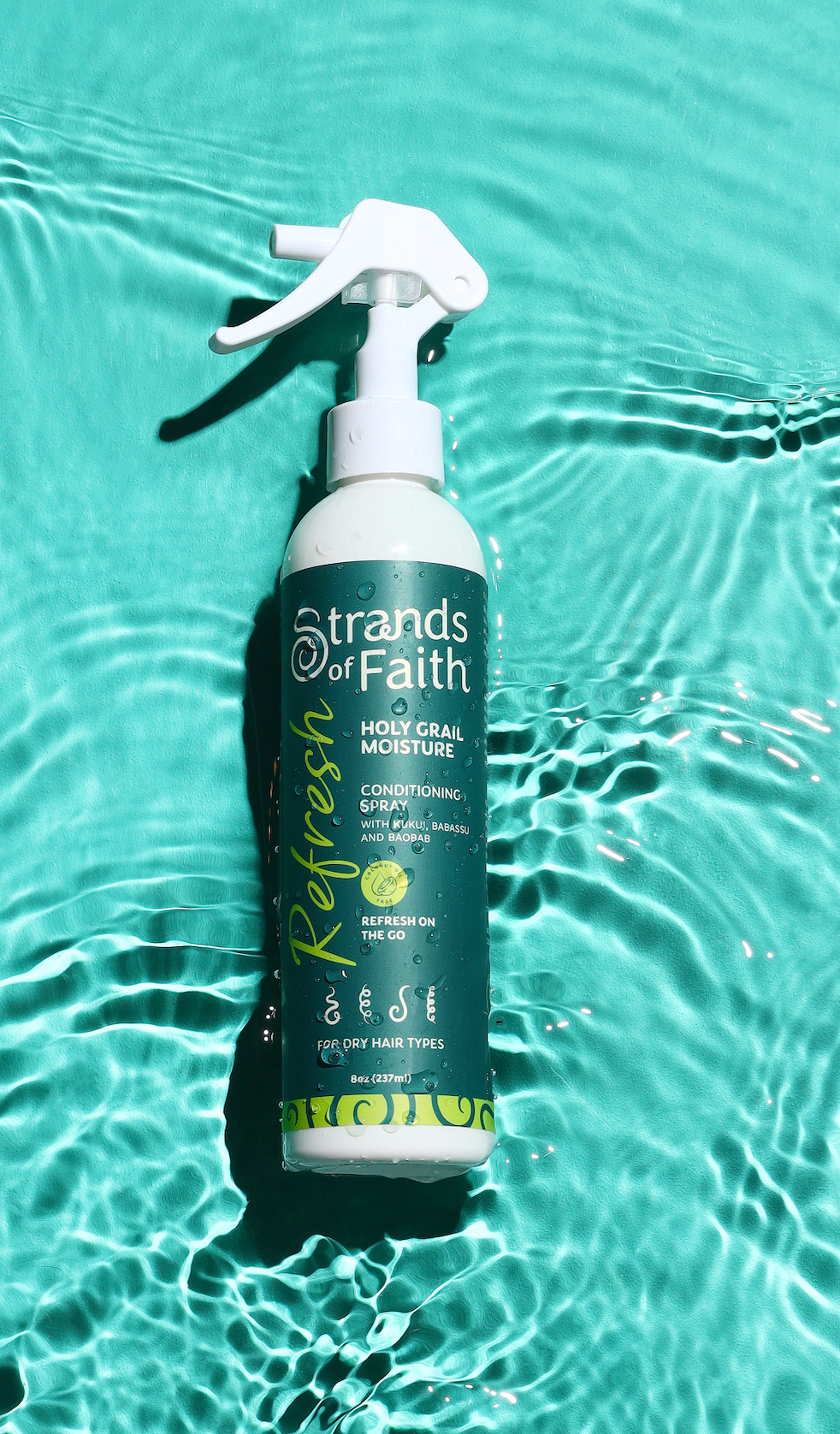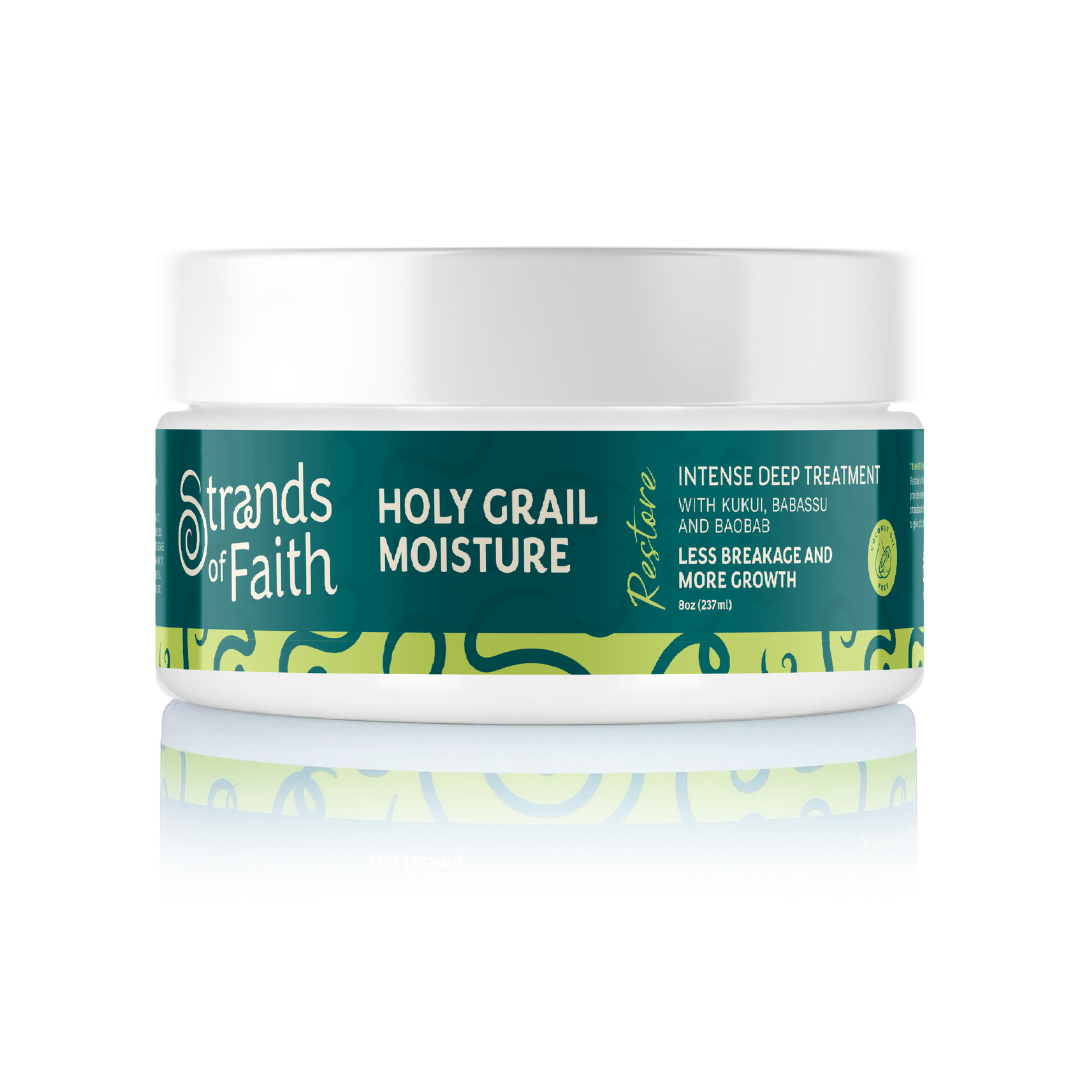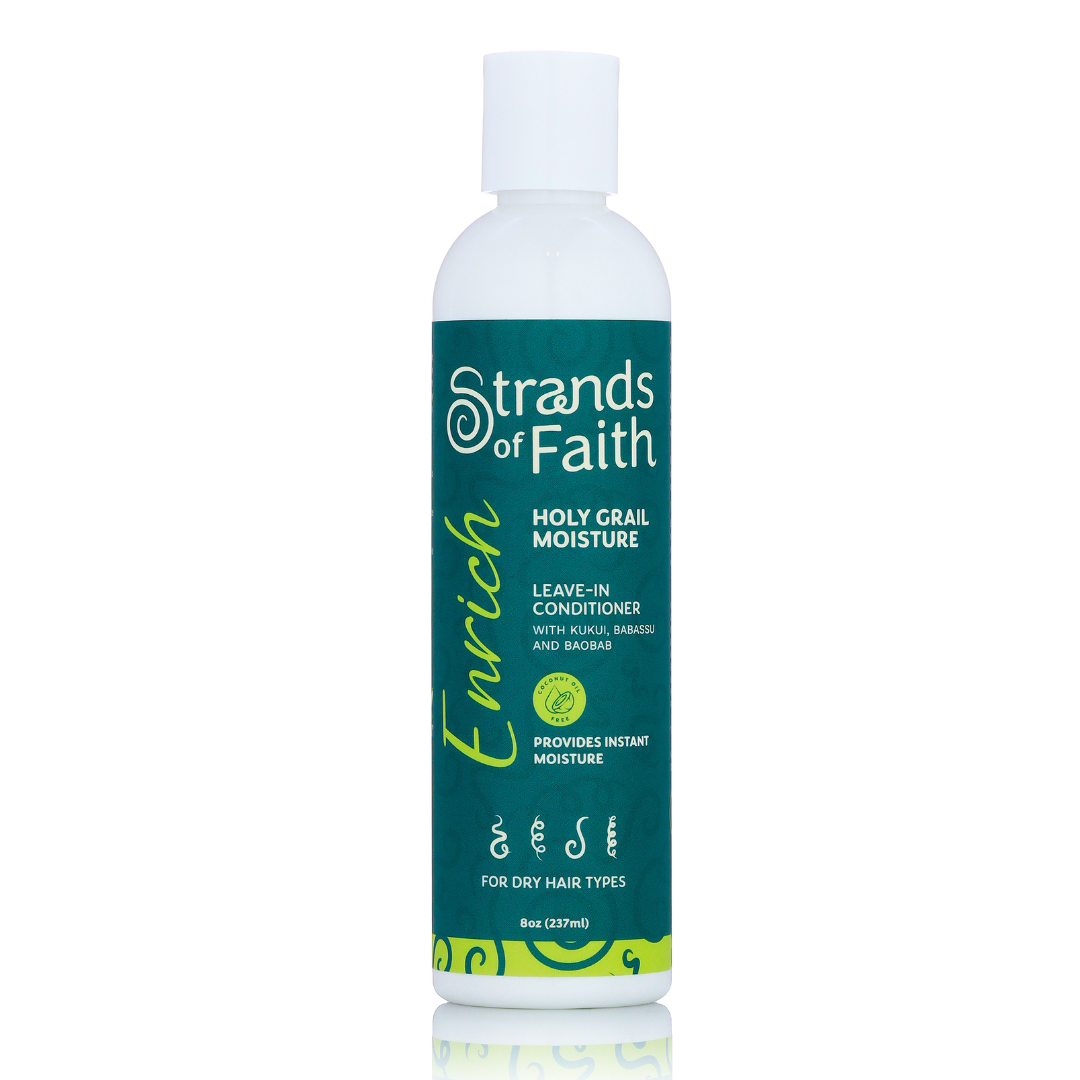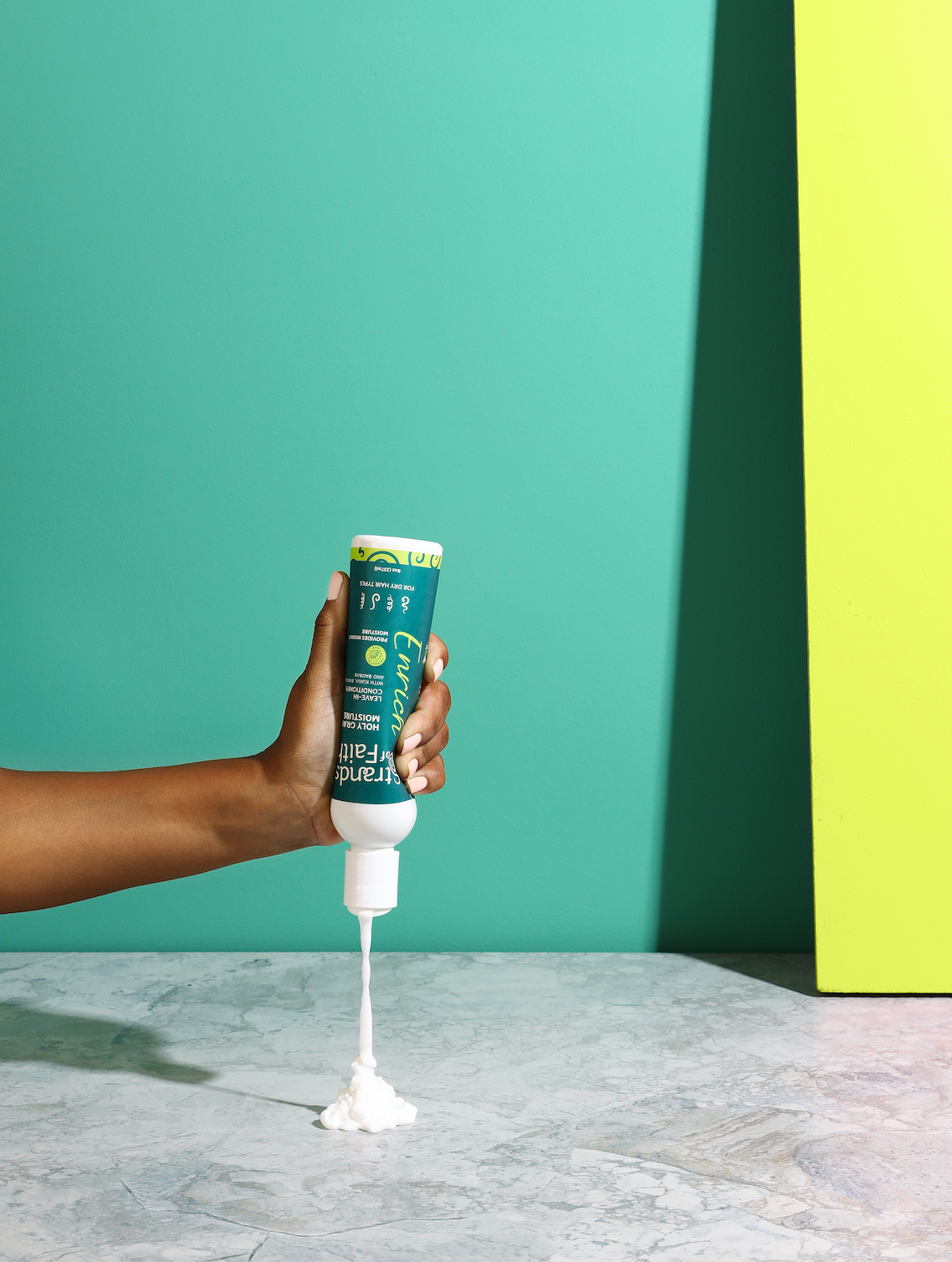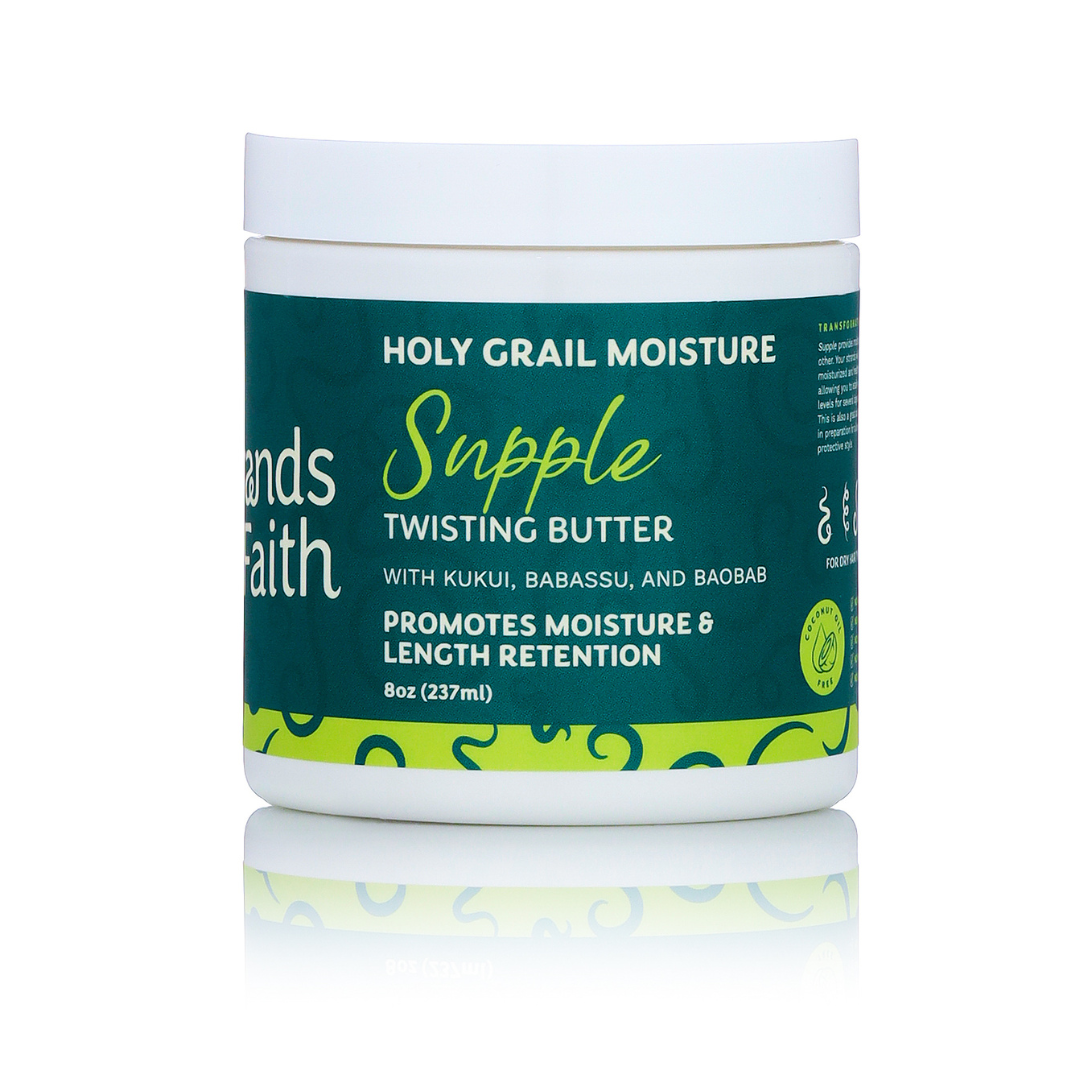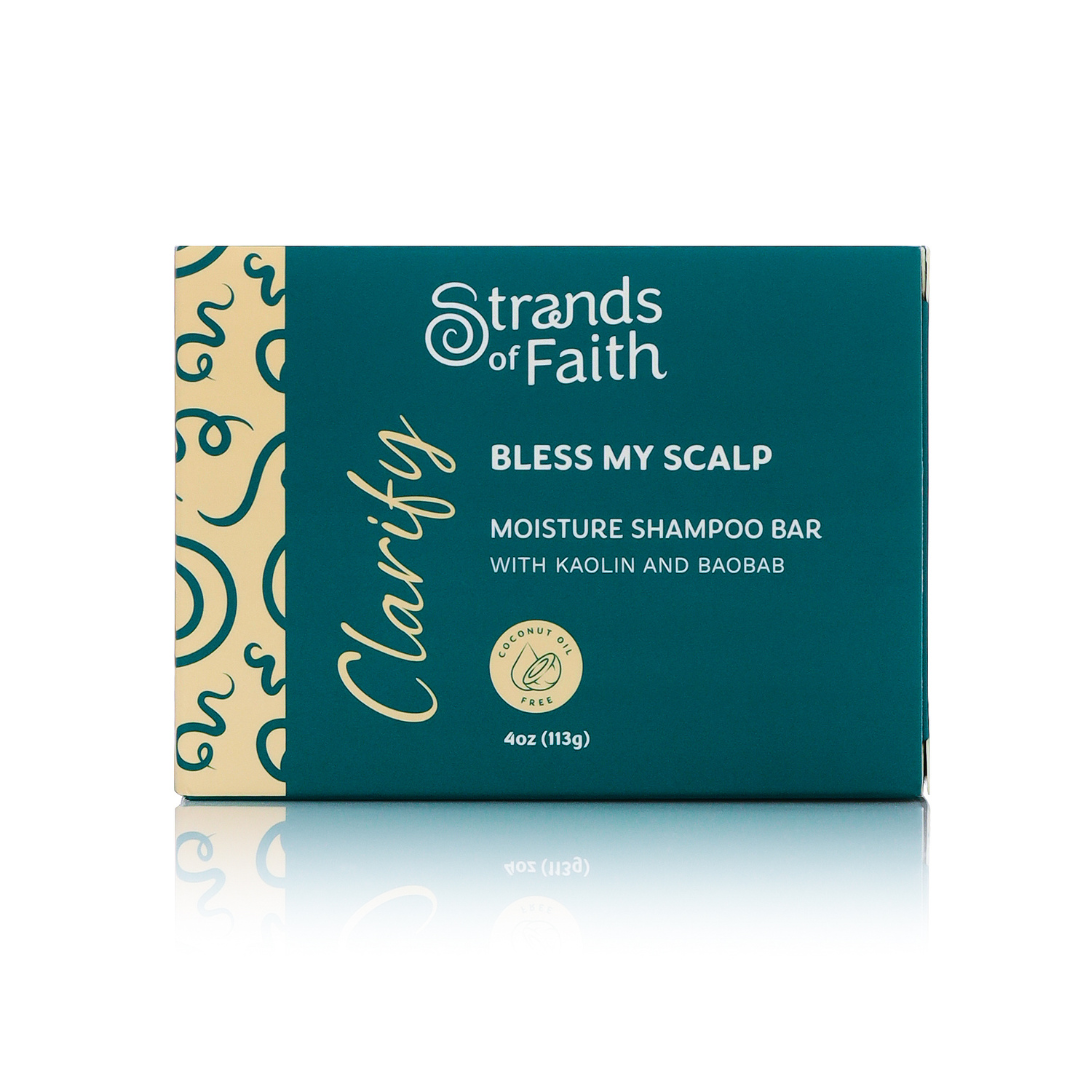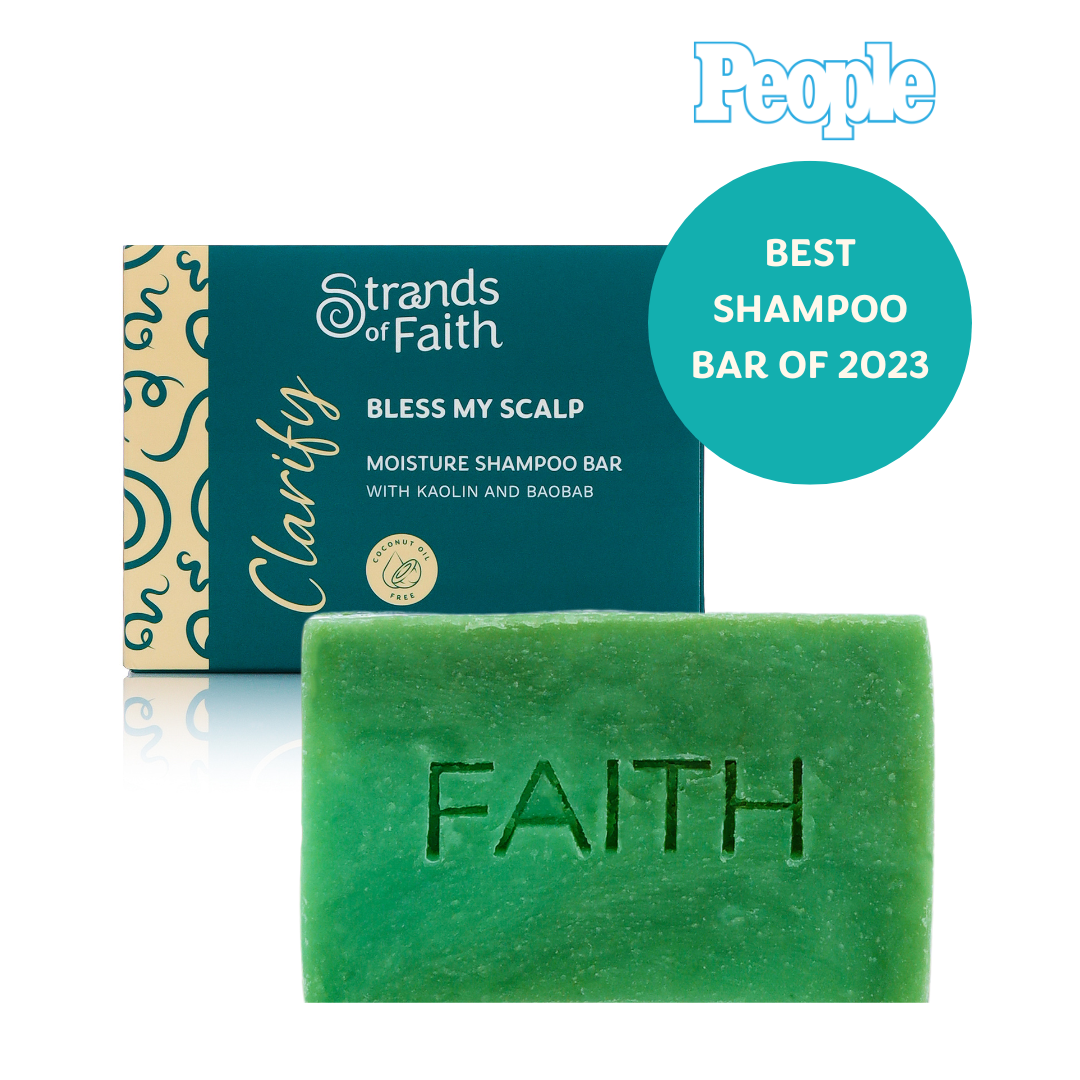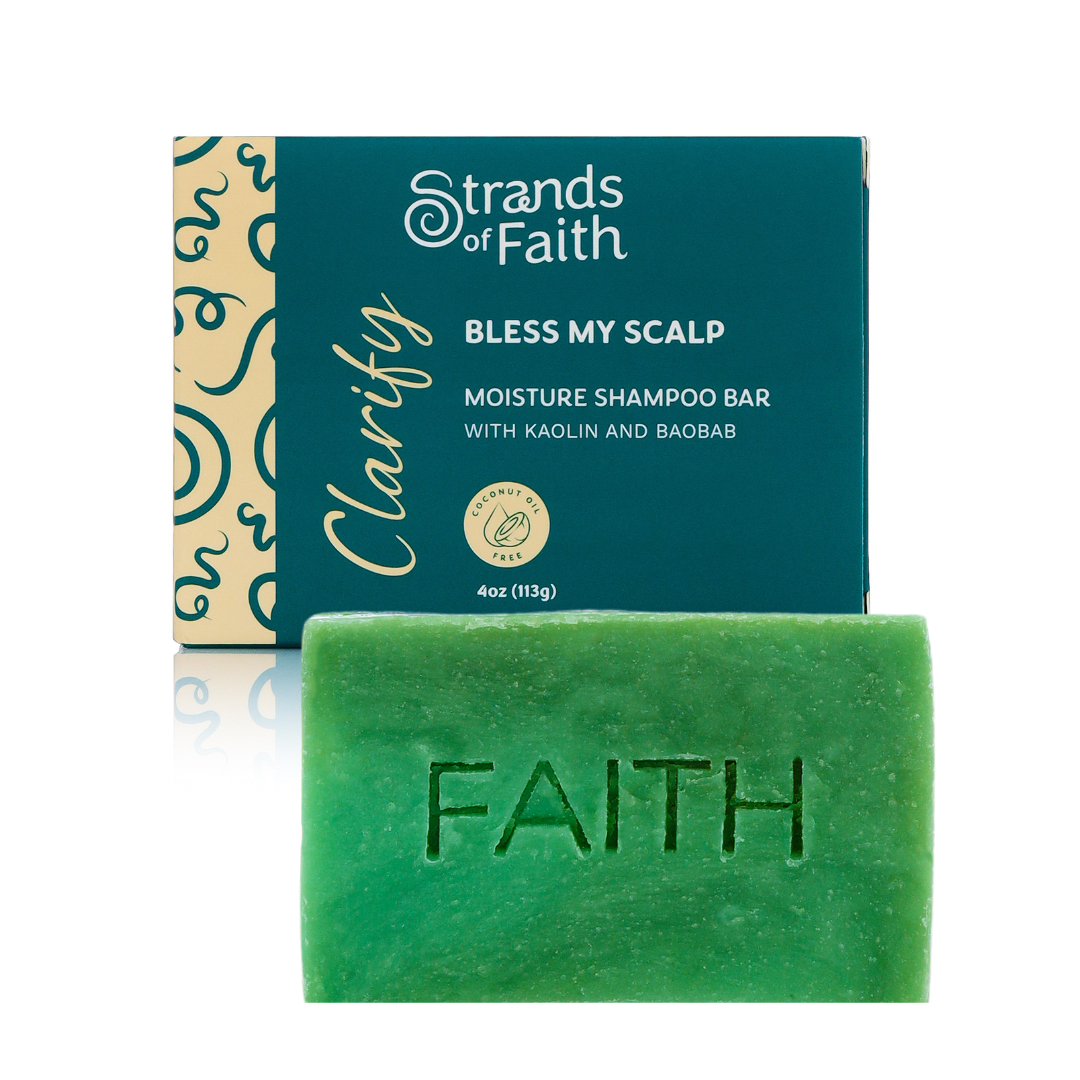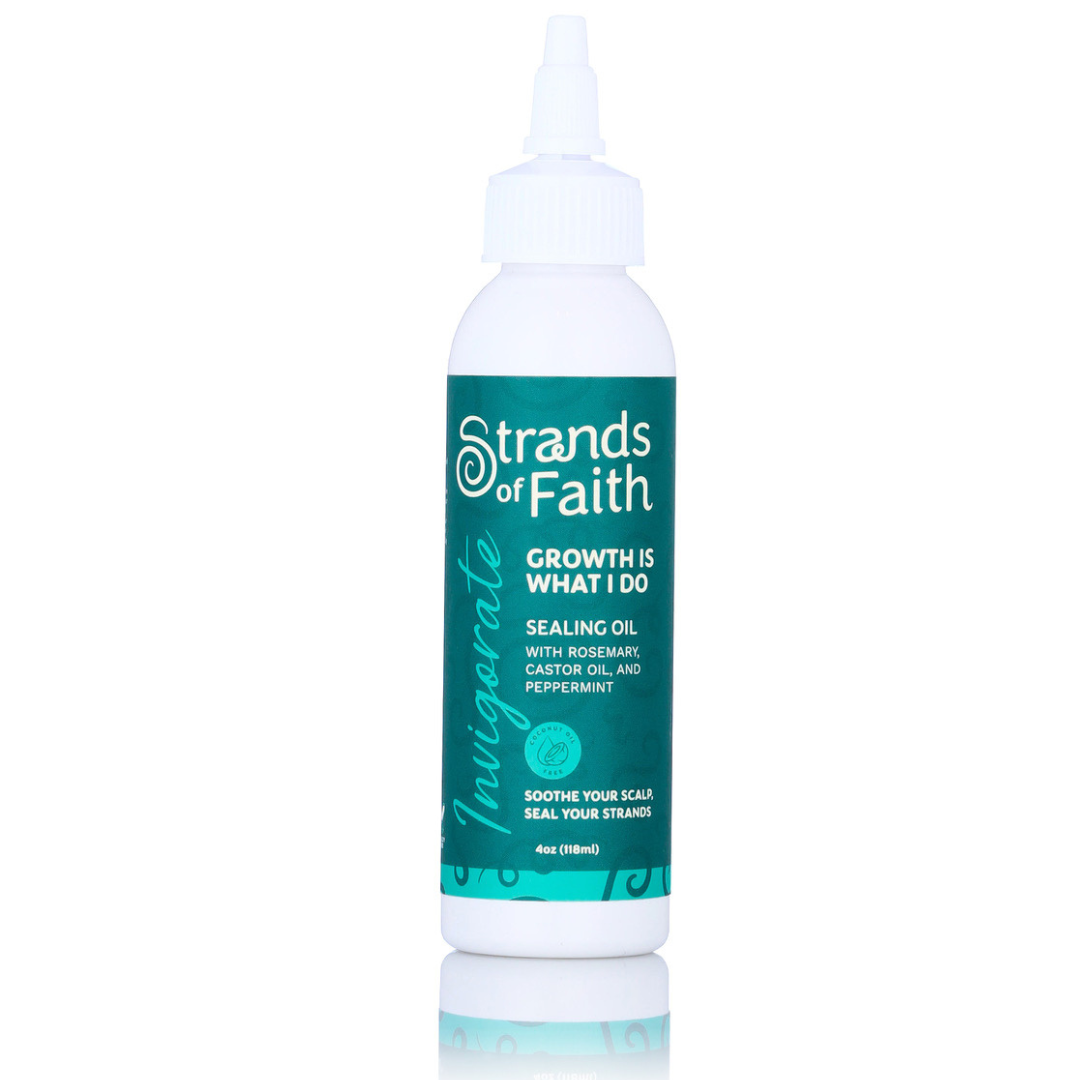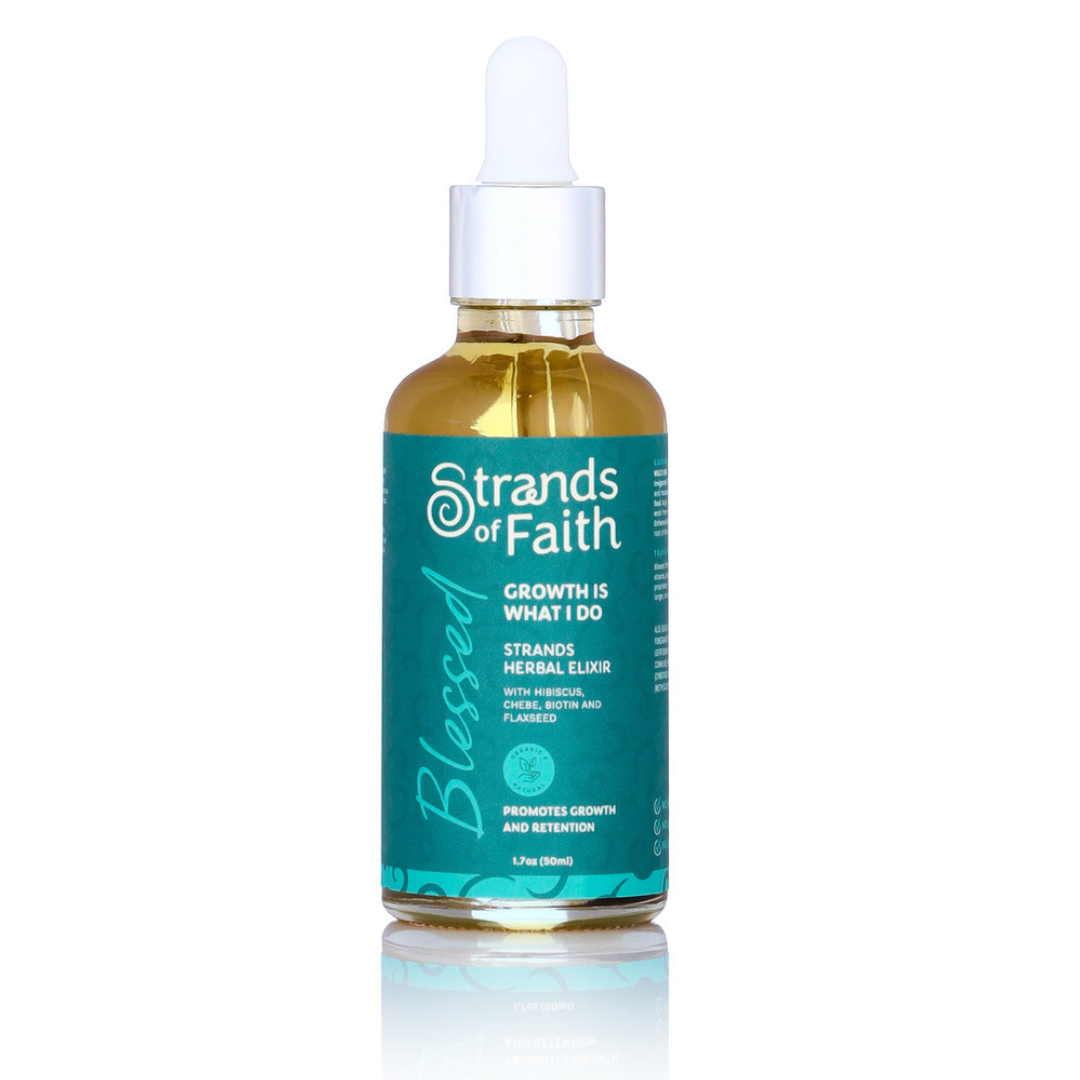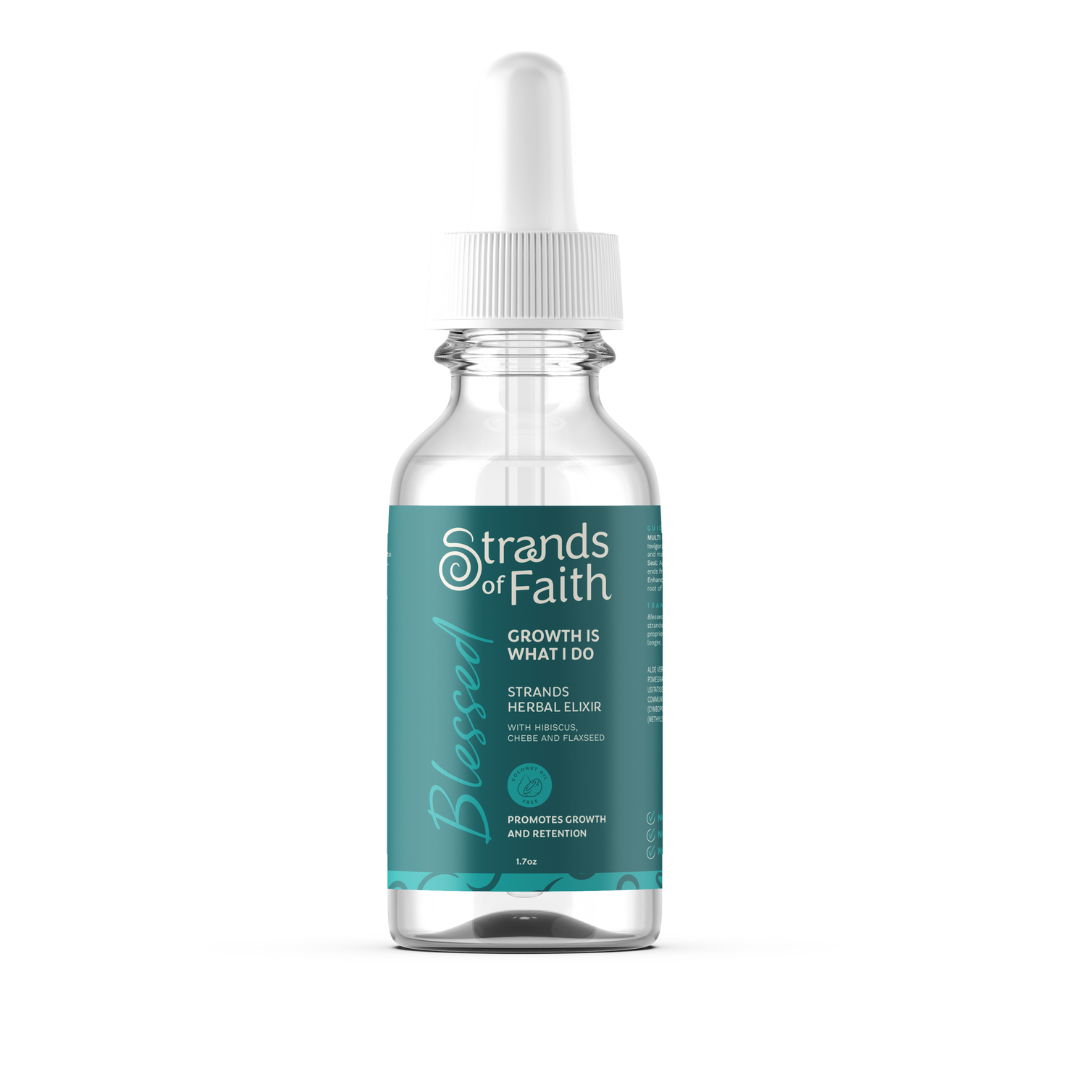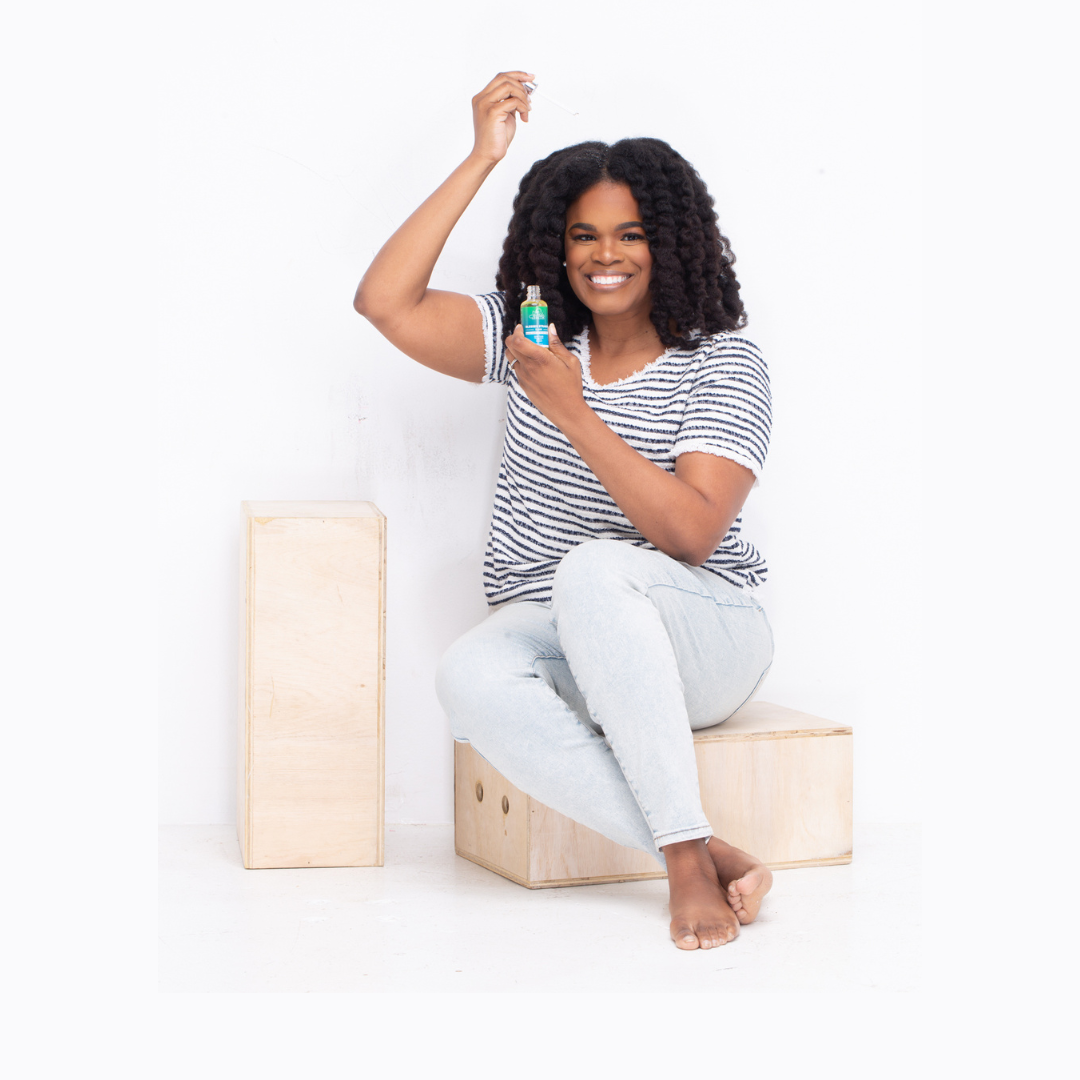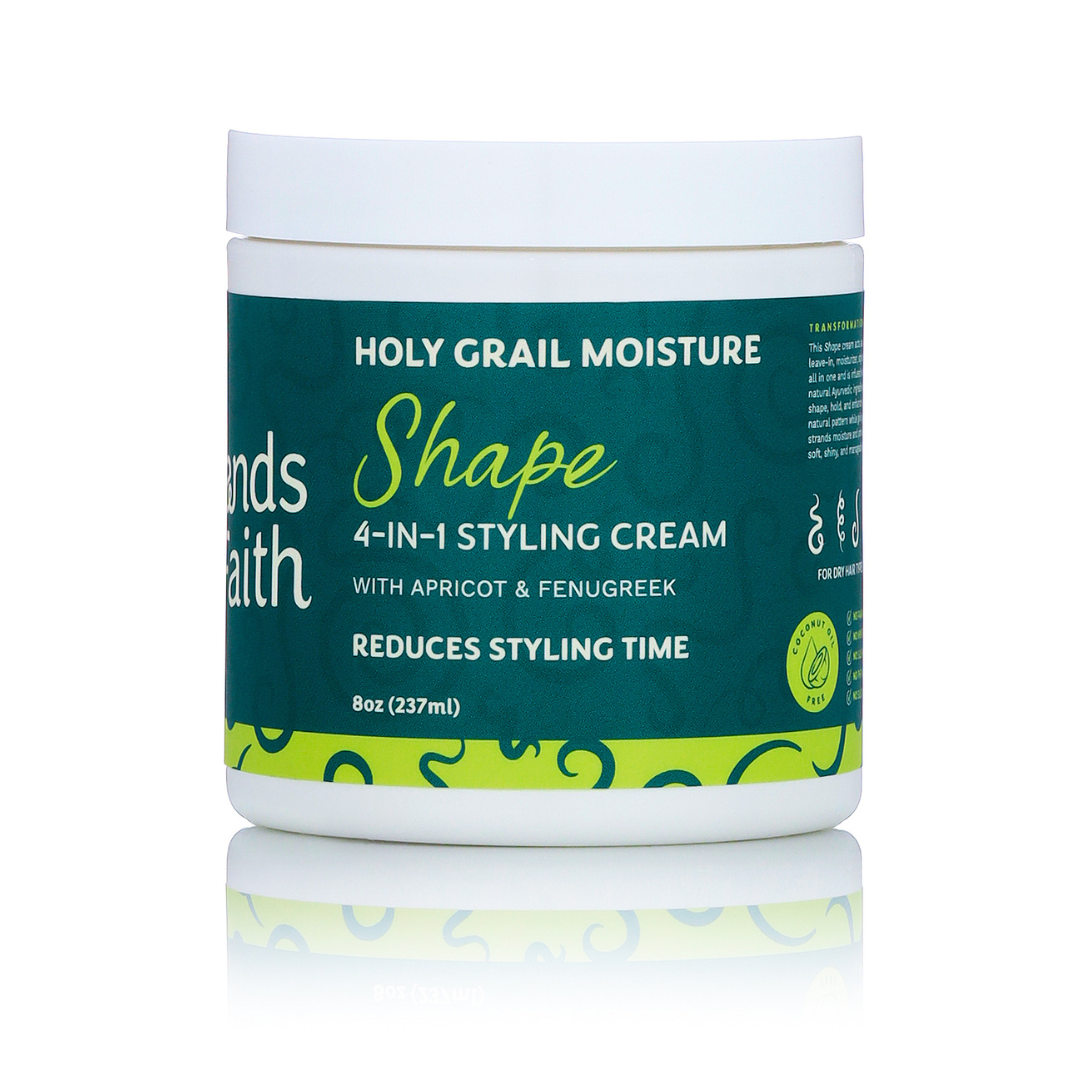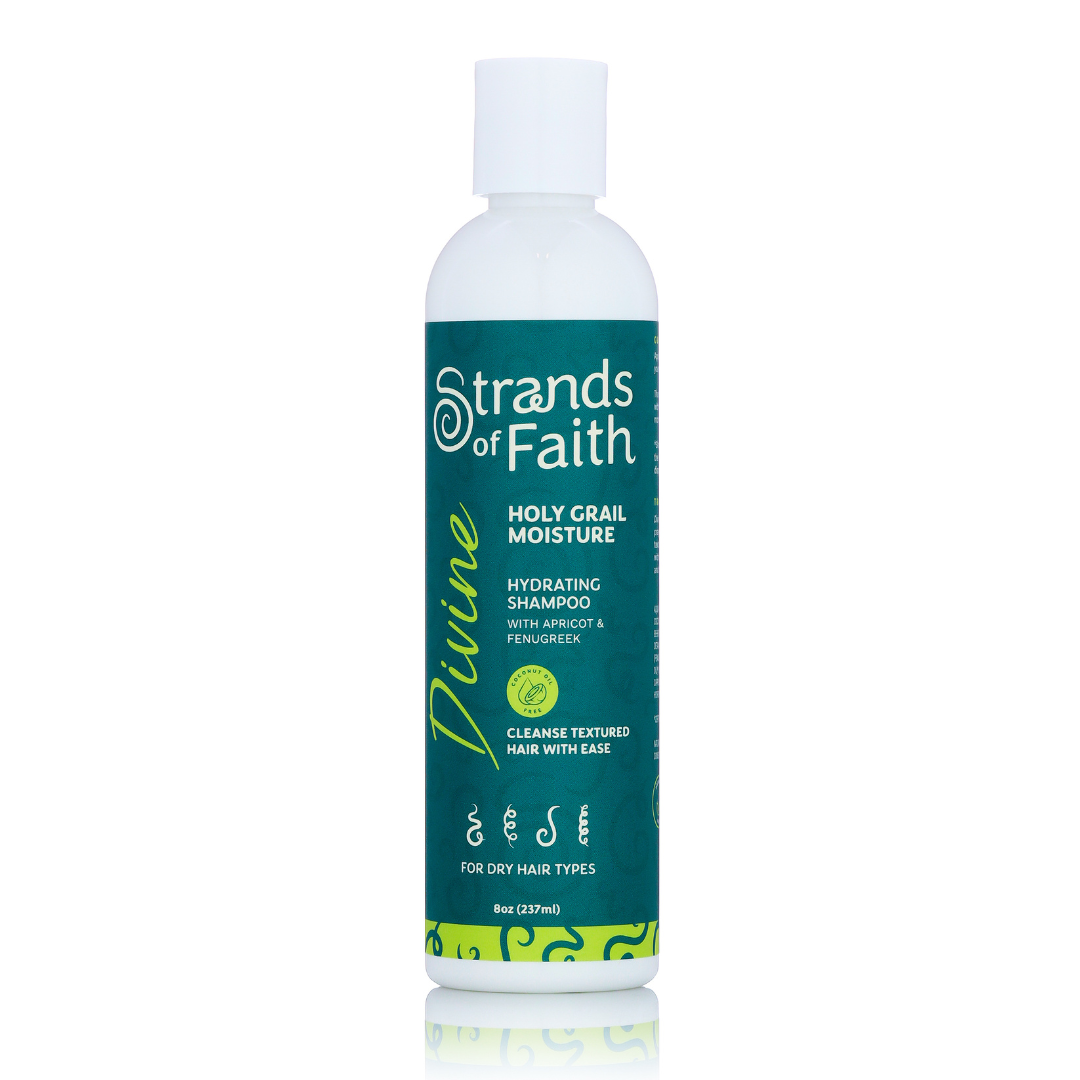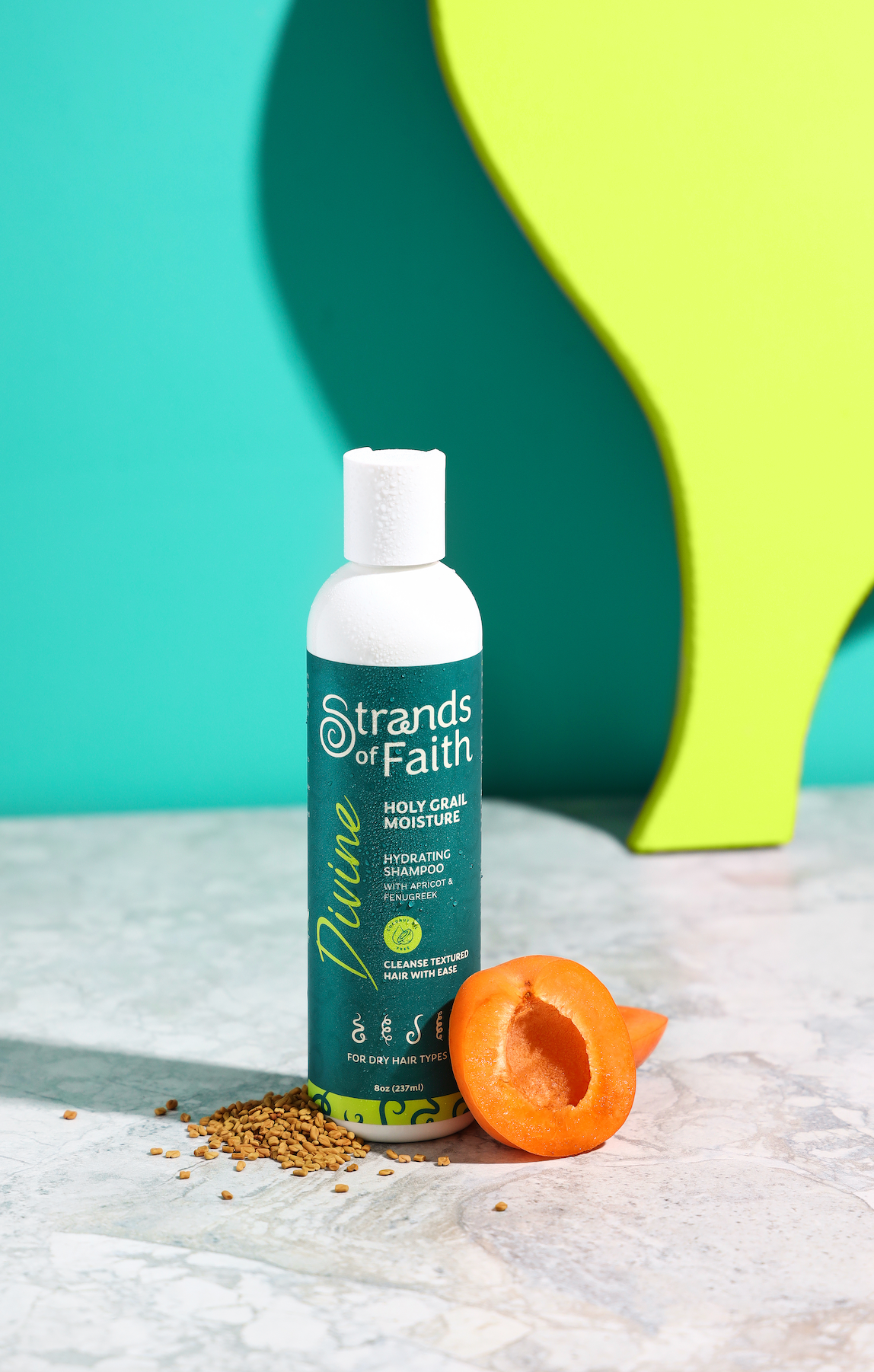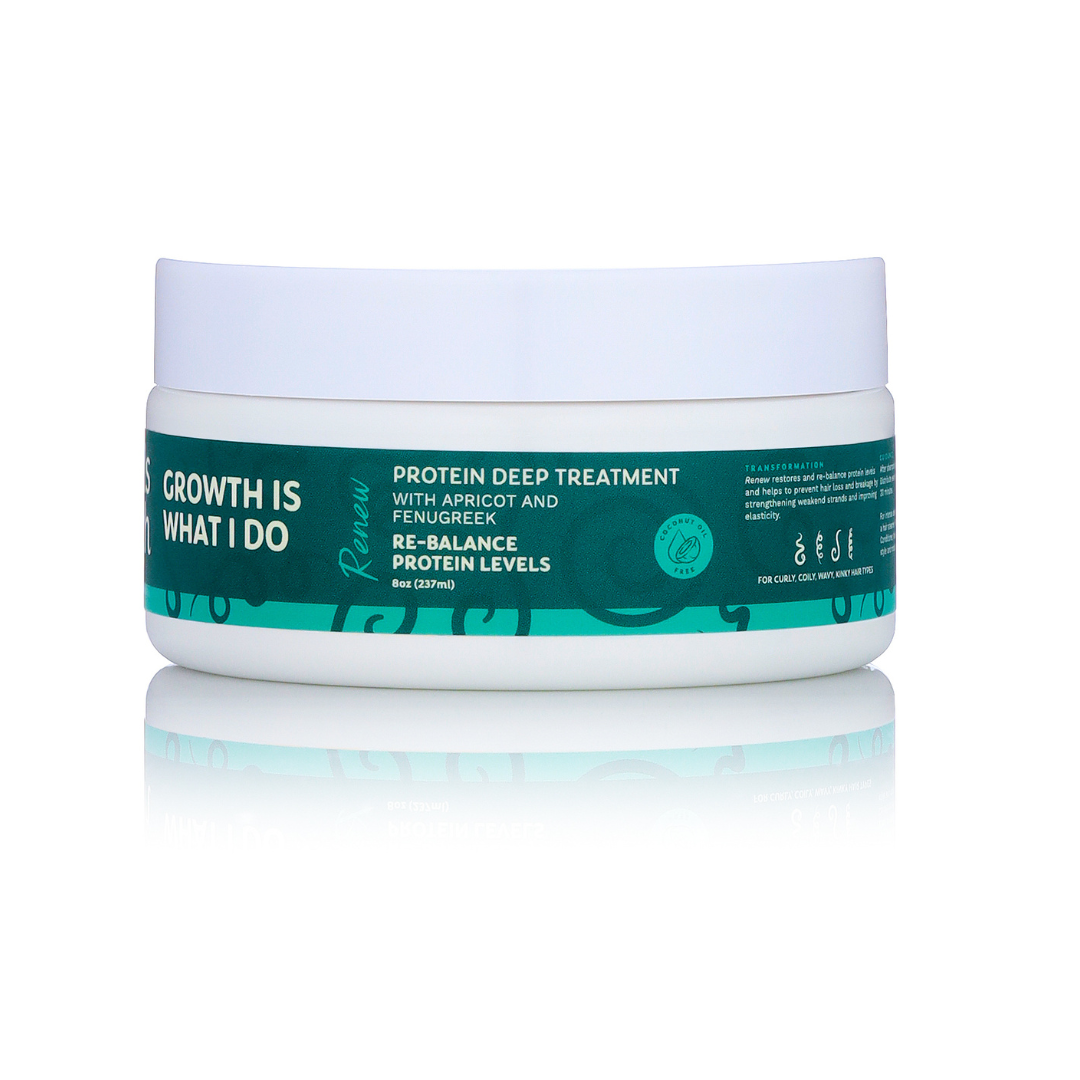An itchy scalp can be one of the most frustrating hair concerns. You wash, moisturize, and style your hair, but no matter what you do, you find yourself scratching. Sometimes it’s mild, other times it feels like your scalp just won’t calm down and feel like it’s on fire.
Scalp irritation is extremely common and can be caused by a variety of factors, from product buildup and dryness to allergies, stress, or even environmental changes.
The good news? You don’t have to live with an itchy scalp. By understanding the root cause and choosing the right care routine, you can soothe irritation and restore comfort and balance to your scalp.
Common Causes of an Itchy Scalp
Before diving into solutions, it’s important to understand what could be behind your discomfort. Here are some of the most common culprits:
1. Dry Scalp
A lack of natural oils can make the scalp dry, tight, and itchy. Just like skin on your body, your scalp needs moisture to stay balanced.
2. Product Buildup
Heavy creams, gels, and oils can leave residue on your scalp over time. This buildup clogs pores, irritates the skin, and often causes itching or flaking.
3. Sensitive Skin or Allergies
Some ingredients in hair products, like sulfates, silicones, or synthetic fragrances, can cause irritation, especially for people with sensitive skin.
4. Dandruff (Seborrheic Dermatitis)
Dandruff occurs when the scalp produces too much oil, leading to an overgrowth of yeast. This results in flaking, itching, and redness.
5. Scalp Conditions
Issues like psoriasis, eczema, or fungal infections can trigger chronic scalp itch. These often require medical attention.
6. Stress and Lifestyle Factors
Believe it or not, stress can affect scalp health. When you’re stressed, your body produces hormones that can trigger oil imbalances, irritation, and itching.
7. Environmental Changes
Cold, dry air or even hard water can strip the scalp of moisture, leaving it irritated and flaky.
Why Scratching Makes It Worse
It’s tempting to scratch when your scalp itches, but scratching can damage the skin, cause microtears, and worsen irritation. Over time, it can also lead to inflammation or even hair breakage at the root.
Instead of scratching, the goal should be to address the root cause of the itch and use soothing, nourishing products that calm your scalp.
Natural Solutions to Soothe an Itchy Scalp
1. Cleanse and Detox Regularly
If buildup is the cause, cleansing is the first step. Skip harsh shampoos and opt for a gentle, natural cleanser that refreshes without stripping your scalp.
Try:
-
3-in-1 Miracle Clay Wash — a detoxifying clay-based cleanser that removes buildup, balances the scalp, and leaves hair soft.
-
Divine Hydrating Shampoo — a gentle shampoo that cleanses while adding hydration, perfect for regular wash days.
2. Moisturize Your Scalp
A dry scalp craves hydration. Use lightweight moisturizers or conditioners that nourish without clogging pores.
Try: Nourish Moisturizing Cream — keeps both your scalp and strands hydrated with lightweight moisture.
3. Add a Weekly Deep Treatment
Deep treatments help restore balance to both your hair and scalp by infusing hydration.
Try: Restore Intense Deep Treatment — perfect for soothing dry scalp while restoring softness and strength to strands.
4. Hydrate and Protect Strands
Sometimes, scalp dryness comes from overall dehydration in your hair. Keeping your strands moisturized reduces stress on your scalp.
Try: Enrich Leave-In Conditioner — adds slip, softness, and long-lasting hydration.
5. Exfoliate Gently (If Needed)
Just like your skin, your scalp may need exfoliation to remove dead skin cells and buildup. Use a gentle scalp scrub or massage your scalp with your fingertips while cleansing to increase circulation and reduce flakes.
6. Protect Your Scalp from the Environment
If you live in a dry or cold climate, wear protective styles or headwraps to shield your scalp from harsh conditions. Indoors, consider using a humidifier to keep moisture in the air.
7. Manage Stress
Since stress can impact your scalp health, practicing relaxation techniques like meditation, exercising, or journaling can help reduce flare-ups.
When to See a Doctor
If your itchy scalp is persistent, painful, or accompanied by sores, redness, or significant flaking, it may be time to consult a dermatologist. Conditions like psoriasis, fungal infections, or severe dermatitis require medical treatment.
Everyday Scalp Care Routine
-
Cleanse weekly with 3-in-1 Miracle Clay Wash.
-
Deep treat with Restore Intense Deep Treatment.
-
Moisturize scalp and strands with Nourish Moisturizing Cream.
-
Hydrate daily with Enrich Leave-In Conditioner.
-
Protect overnight with satin or silk to reduce dryness.
Product Spotlight: Scalp Soothers
-
Cleanse & Detox: 3-in-1 Miracle Clay Wash
-
Moisturize Daily: Nourish Moisturizing Cream
-
Deep Restore: Restore Intense Deep Treatment
-
Hydrate Strands: Enrich Leave-In Conditioner
Relief Is Possible
An itchy scalp can feel overwhelming, but once you understand the cause, the solution becomes much simpler. Whether it’s dryness, buildup, sensitivity, or stress, taking a gentle, natural approach can bring lasting relief.
By cleansing regularly, moisturizing with lightweight oils, and choosing scalp-friendly products, you can restore comfort and balance to your scalp while keeping your curls nourished and healthy.
Remember: your scalp is the foundation of your hair’s health. Treat it with the same love and care you give your strands, and it will reward you with stronger, healthier growth.



